Nanotechnology is poised to revolutionize the diagnosis and treatment of patients with type 1 diabetes.
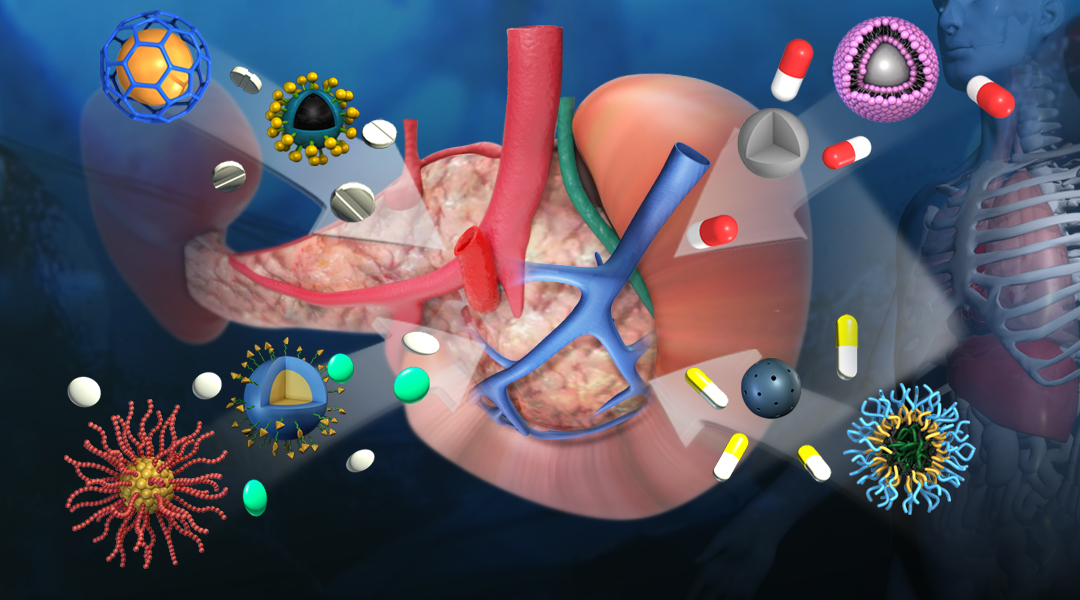

Nanotechnology is poised to revolutionize the diagnosis and treatment of patients with type 1 diabetes.

Endometriosis is a chronic, painful condition that affects millions of women worldwide. Now, a new nanoplatform offers hope for early diagnosis and effective ablation of endometriosis.
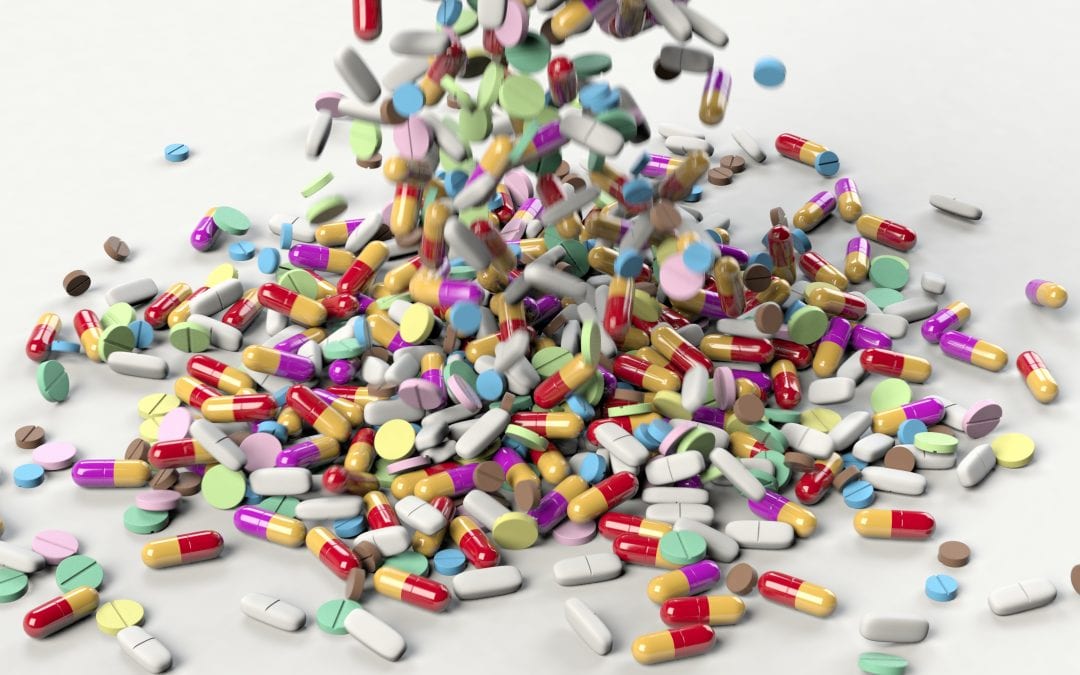
A research team combats antibiotic-resistant superbugs by administering antibiotics together with metformin.

Convolutional neural networks provide stronger predictive performances for pharmacological assays compared to traditional machine learning models.

Understanding changes to the spike protein’s structure is critical to the development of an effective vaccine.
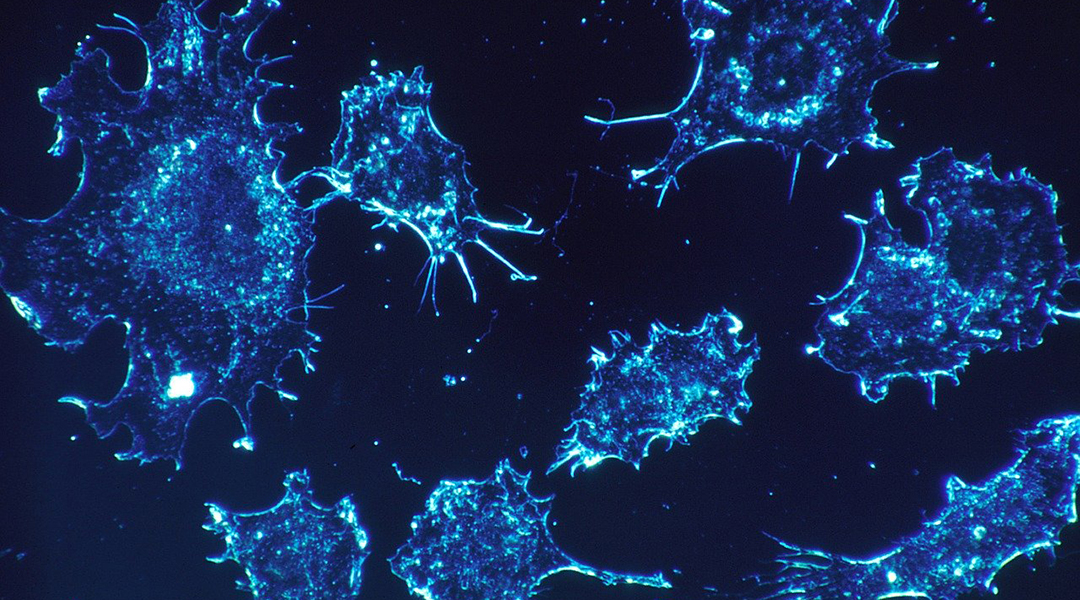
Scientists are finding safer ways to keep drug-loaded microrobots attached to cancer tissue.
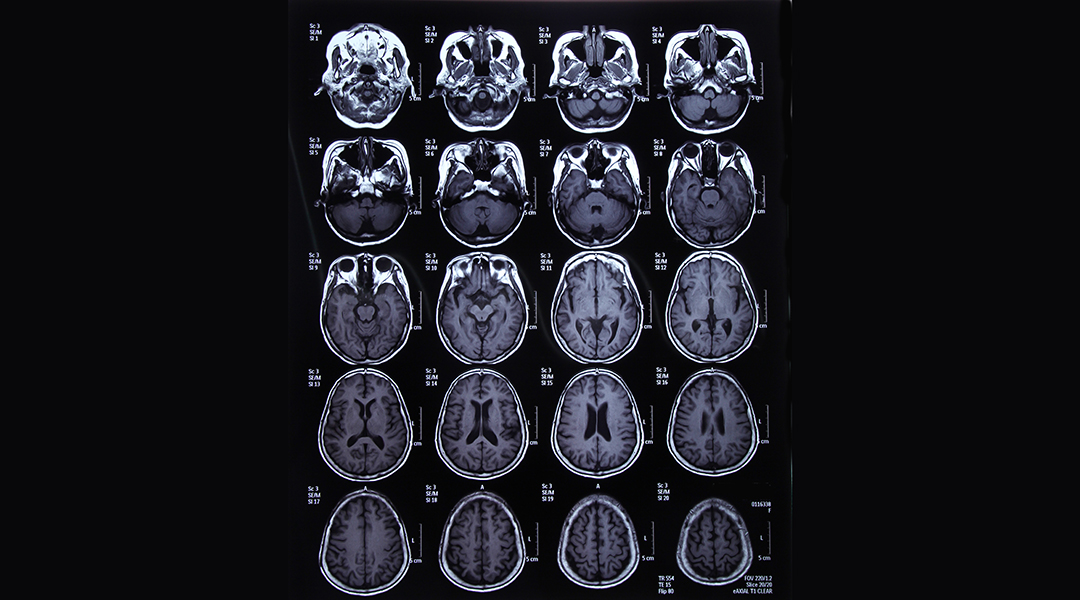
Researchers at Houston Methodist Research Institute discuss how quantitative, non-invasive imaging can aid in developing novel tools for diagnosis and therapy.
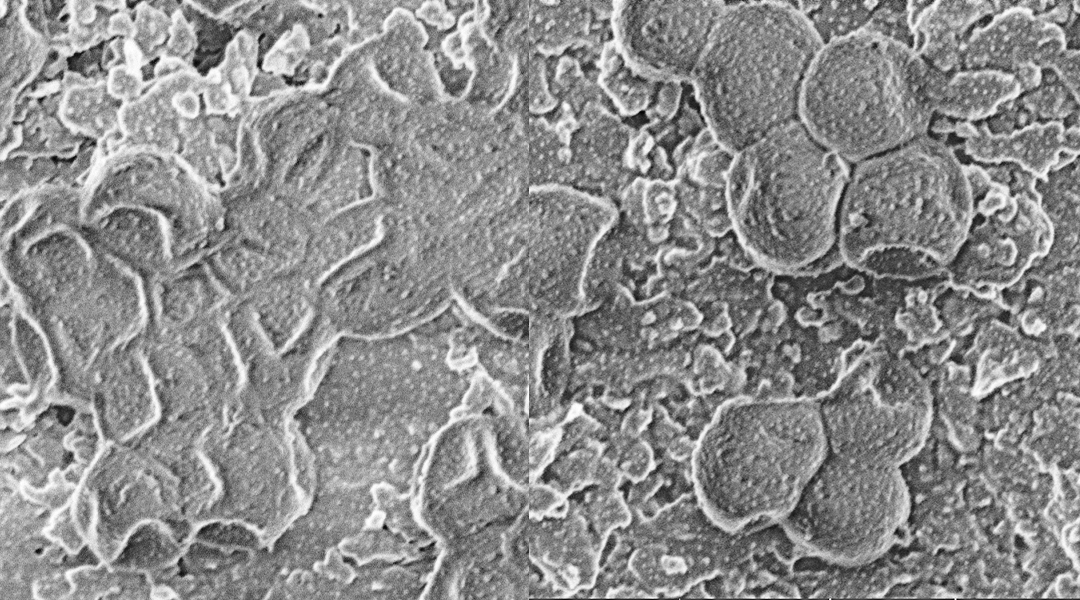
Antibiotic-resistant bacteria are becoming a major global threat. Novel antibacterial nanomaterials offer a solution.
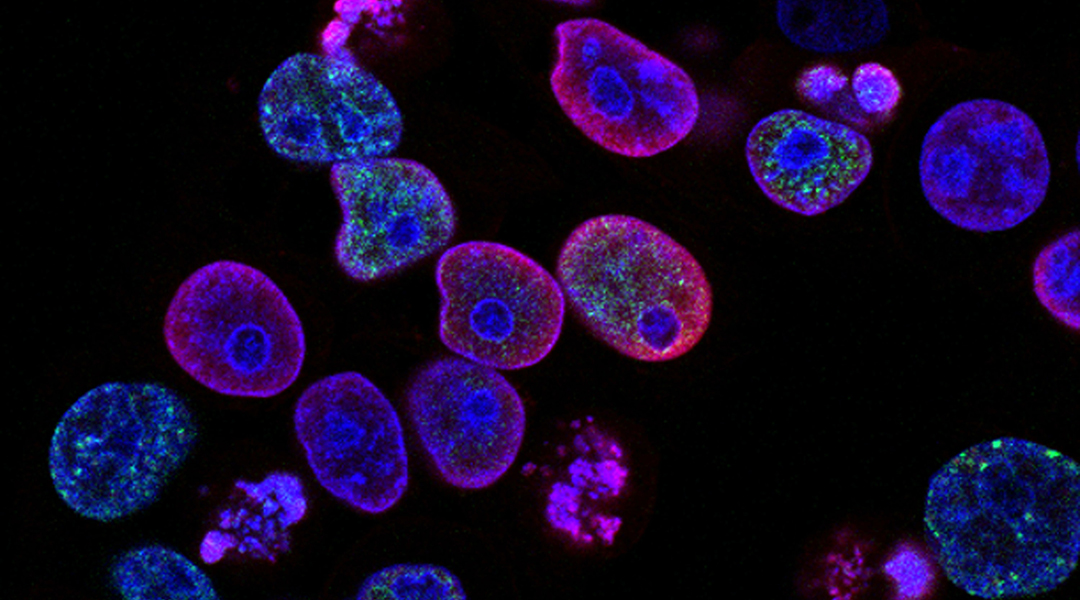
Researchers at the University of Munich have demonstrated a conceptually novel nanocarrier strategy in which the nanoparticles are both the cargo and the carrier.

A new AI system can identify optimal combinations of drugs and dosages in a matter of days to help halt viral pandemics before they reach global scales.